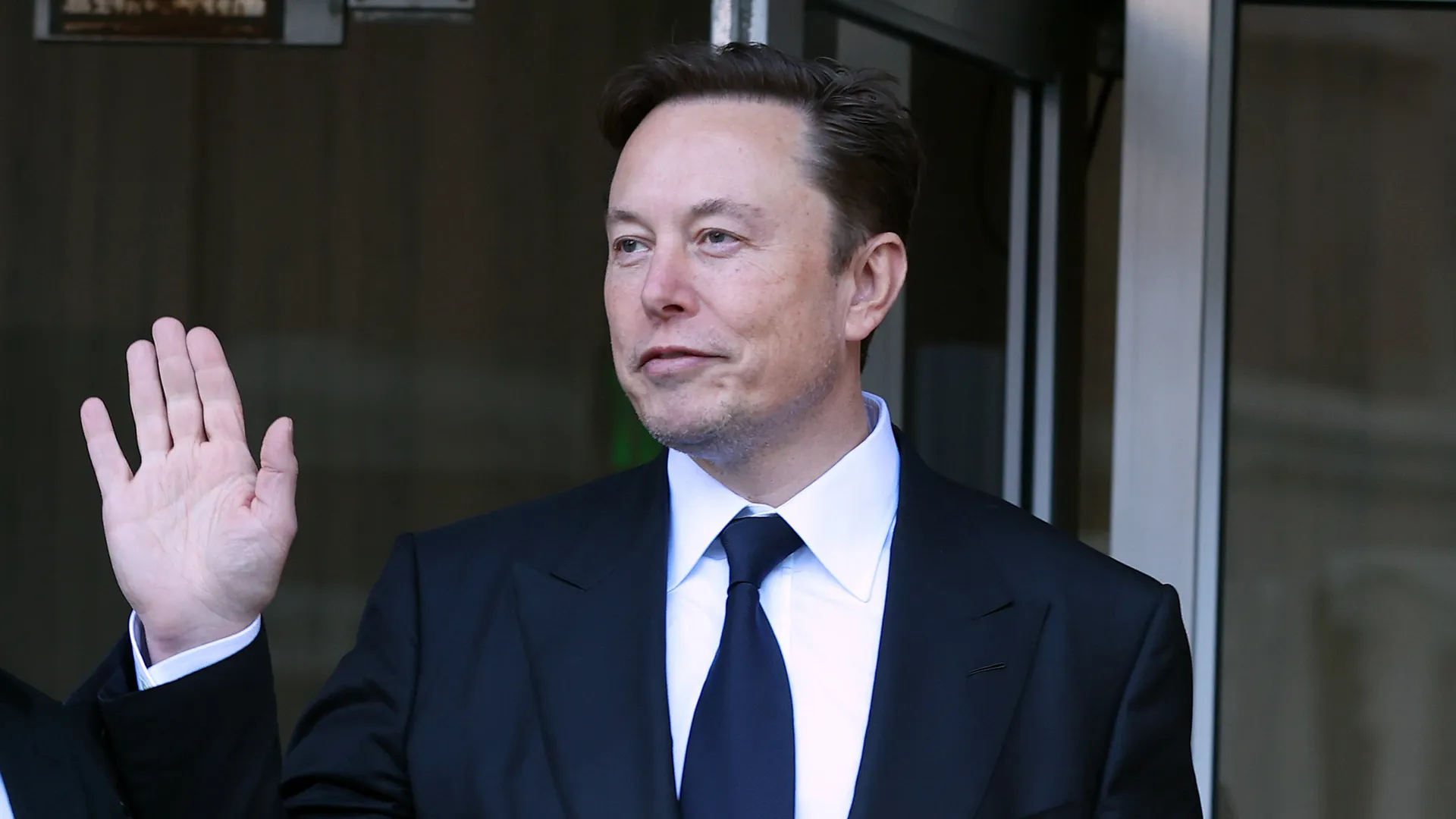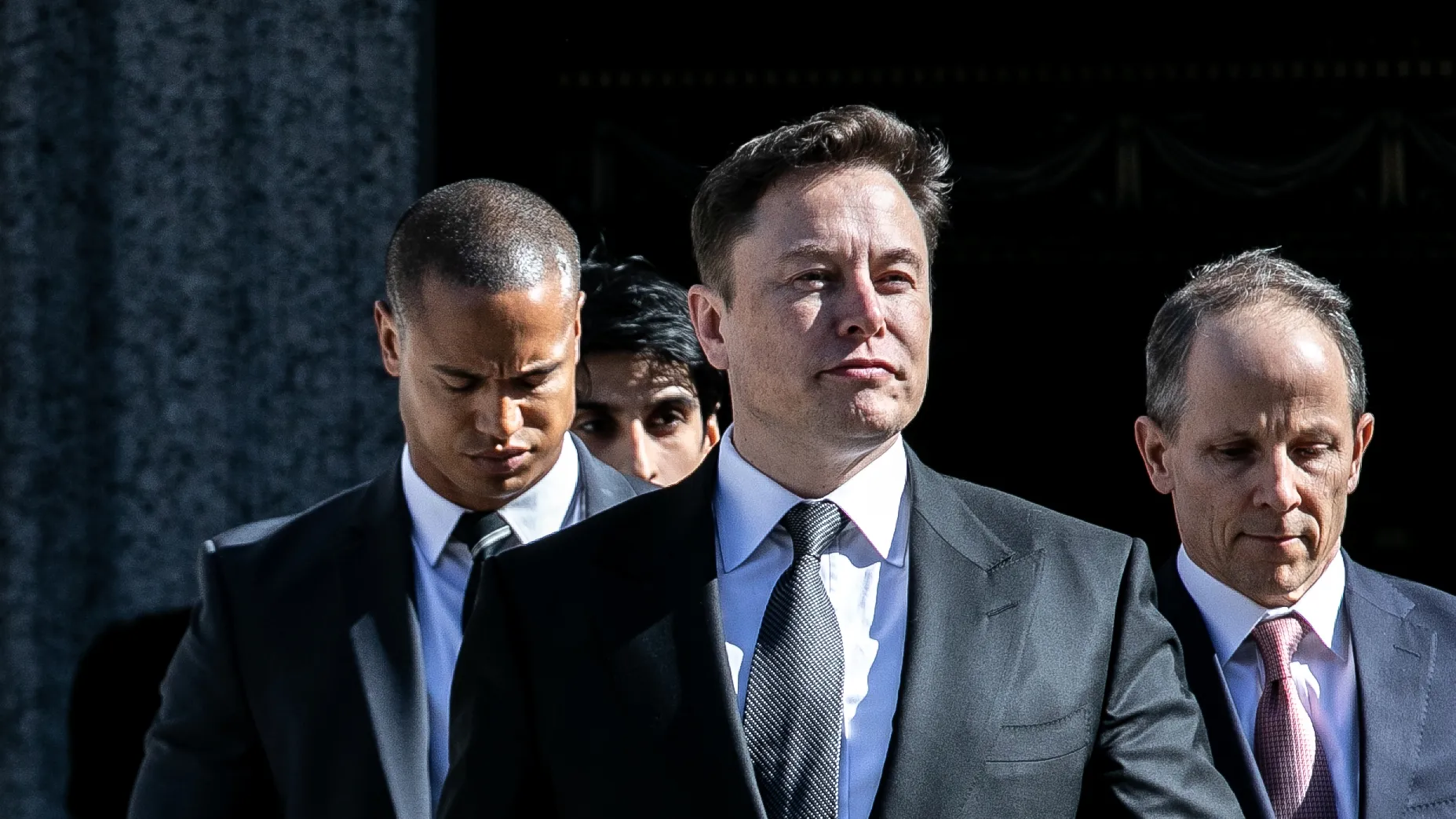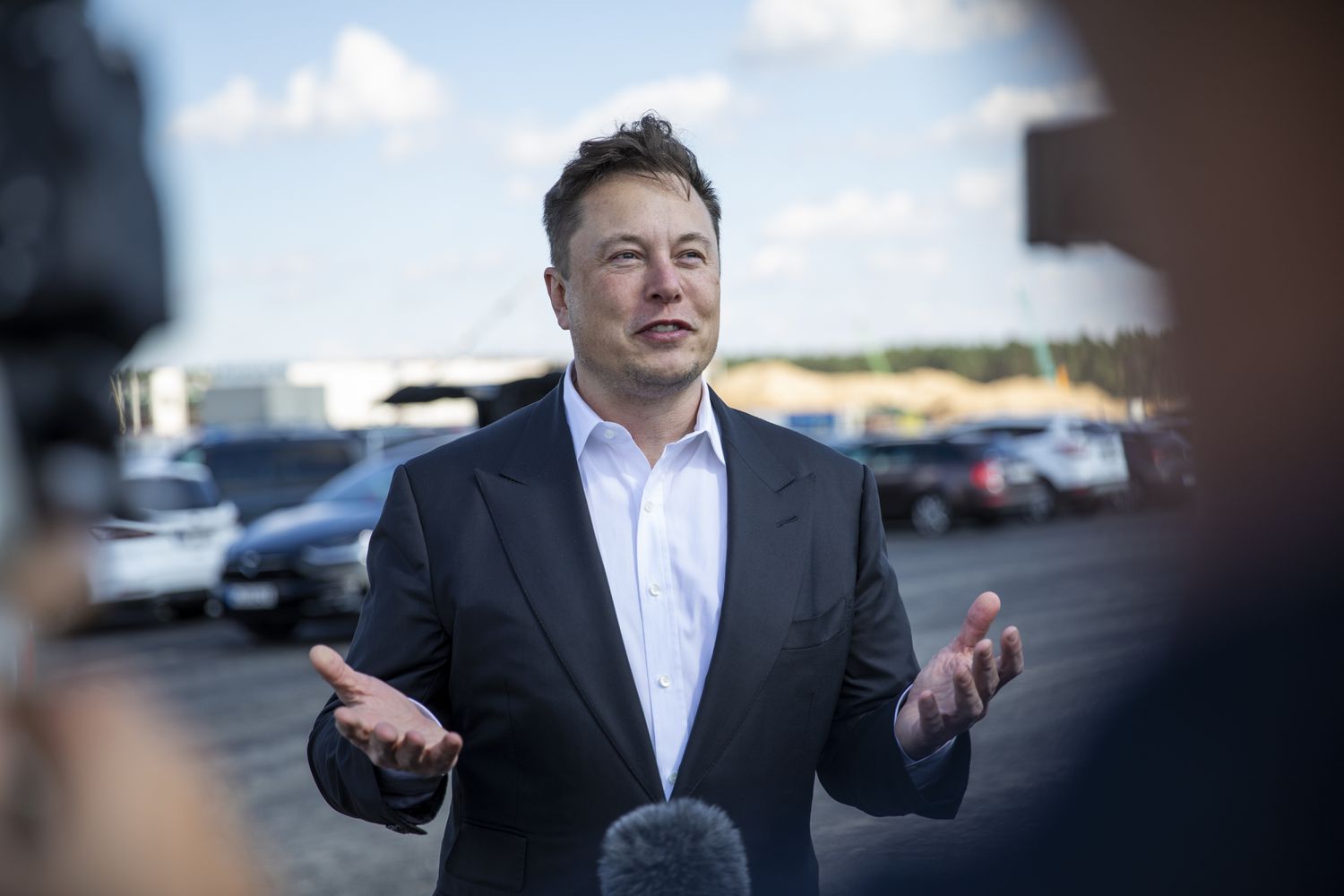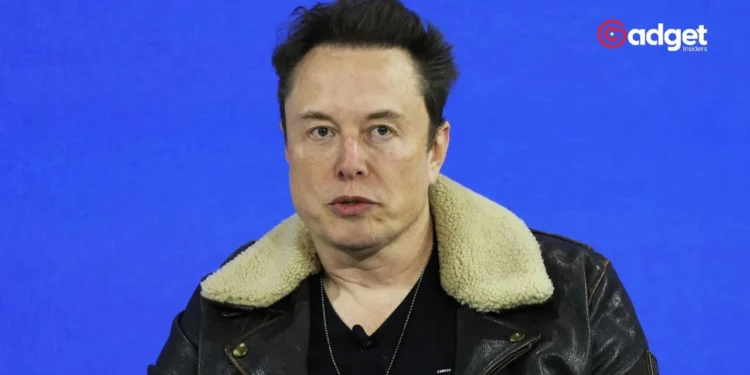In a landmark decision that reverberated through the corridors of Silicon Valley and Wall Street, the Supreme Court recently declined to entertain a challenge brought by Tesla CEO Elon Musk against a Securities and Exchange Commission (SEC) agreement. This pact mandates a legal review of Musk’s social media utterances concerning Tesla, highlighting ongoing tensions between regulatory authorities and high-profile executives.

A Closer Look at the Supreme Court’s Decision
The case, originating from a dispute that caught the public’s eye in 2018, centers around Musk’s tweets claiming secured funding for Tesla’s privatization—a statement that significantly jolted Tesla’s stock price and triggered regulatory scrutiny. The SEC labeled these tweets as “materially false and misleading,” leading to a settlement that included the now-infamous “Twitter sitter” provision, requiring Musk’s tweets to be vetted by a lawyer if they pertain to certain business matters.
Musk’s legal team argued that this condition infringes on his First Amendment rights, dubbing the limitations unconstitutional and an overreach by the SEC. However, the justices sided with the lower court’s decision, effectively putting an end to Musk’s bid to overturn the agreement on the grounds that he had willingly consented to the conditions at the time of the settlement.
Last Wednesday, a federal judge denied Elon Musk’s request to terminate his 2018 agreement with the SEC, requiring him get pre-approval on X posts and to quash a new subpoena.
The US Supreme Court has now declined to take the case, so the ruling stands. https://t.co/u5phkHBCNW pic.twitter.com/rshMJBRz2L
— Amee Vanderpool (@girlsreallyrule) April 29, 2024
The Implications of Musk’s Defeat
This decision underscores the judiciary’s stance on negotiated settlements, especially those involving regulatory oversight of executive communications in publicly traded companies. The Supreme court’s ruling not only affirms the SEC’s authority but also serves as a cautionary tale for other executives about the legal boundaries of online behavior.

The Role of the “Twitter Sitter” Provision
The “Twitter sitter” clause, as it has been colloquially termed, symbolizes a broader debate about freedom of speech versus the responsibility executives hold towards their shareholders. This provision was specifically designed to prevent misleading or impulsive statements that could affect market dynamics, a measure that has now received a nod of approval from the highest court in the United States.
The Broader Impact on Social Media and Corporate Governance
The outcome of this case could set a precedent for how social media is used by corporate leaders, highlighting the growing intersection between online platforms and formal corporate governance. With social media becoming an increasingly influential part of the market’s ecosystem, the ruling also serves as a reminder of the legal implications and responsibilities inherent in the digital statements of corporate executives.
Elon Musk, known for his candid and sometimes controversial online persona, will now have to navigate his communications with added caution, reinforcing the delicate balance between corporate disclosure and personal expression in the age of digital media.

Looking Ahead: The Future of Corporate Communication
As we move forward, the intersection of technology, law, and corporate ethics will likely continue to provoke debate and legal scrutiny. This case not only reiterates the importance of careful communication in leadership roles but also sets a benchmark for similar scenarios in the future, where the law may again be called upon to address the complex dynamics between free speech and corporate responsibility.
In conclusion, while Elon Musk’s challenge to the SEC might have reached its terminus, the discussions and developments it has spurred in supreme court, regulatory oversight, and the use of social media are far from over. These dialogues will undoubtedly continue to shape the landscape of corporate governance and executive communication in the digital age.










